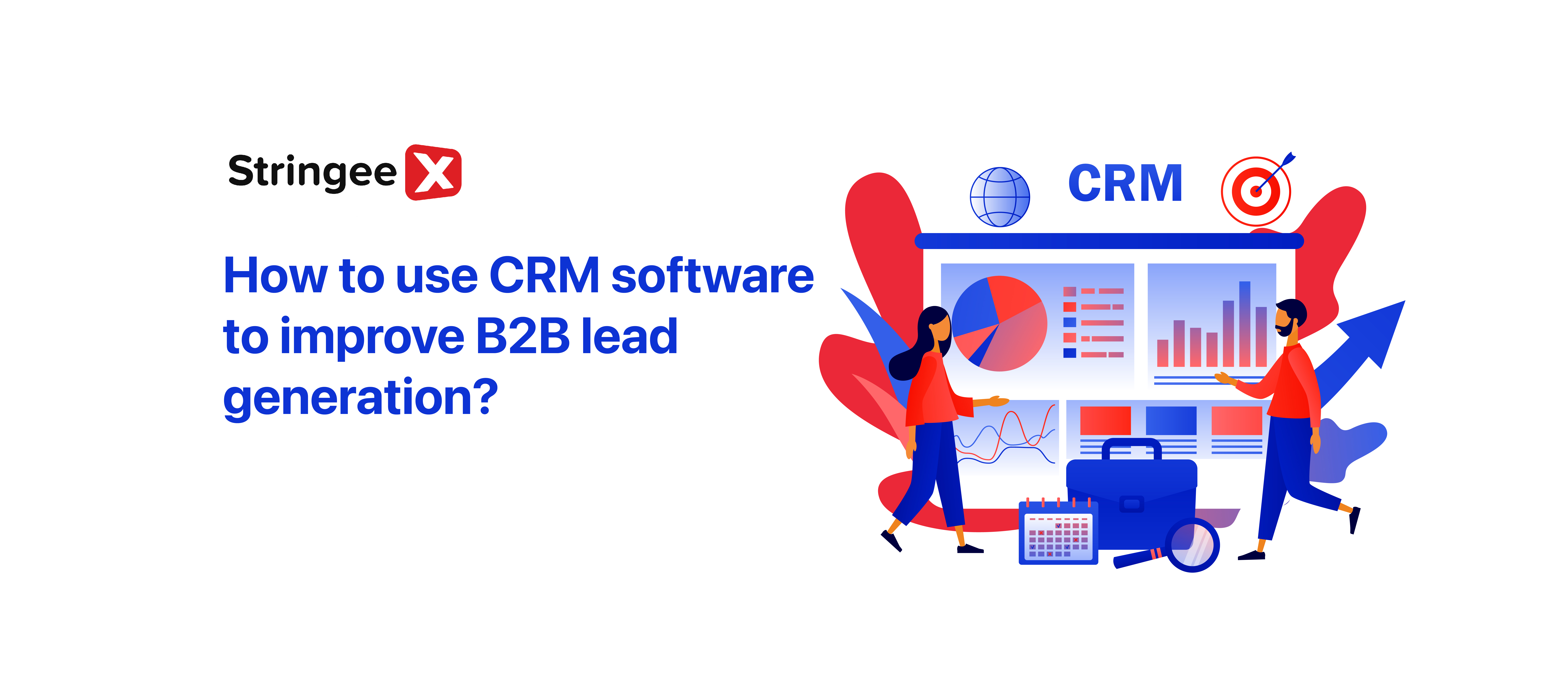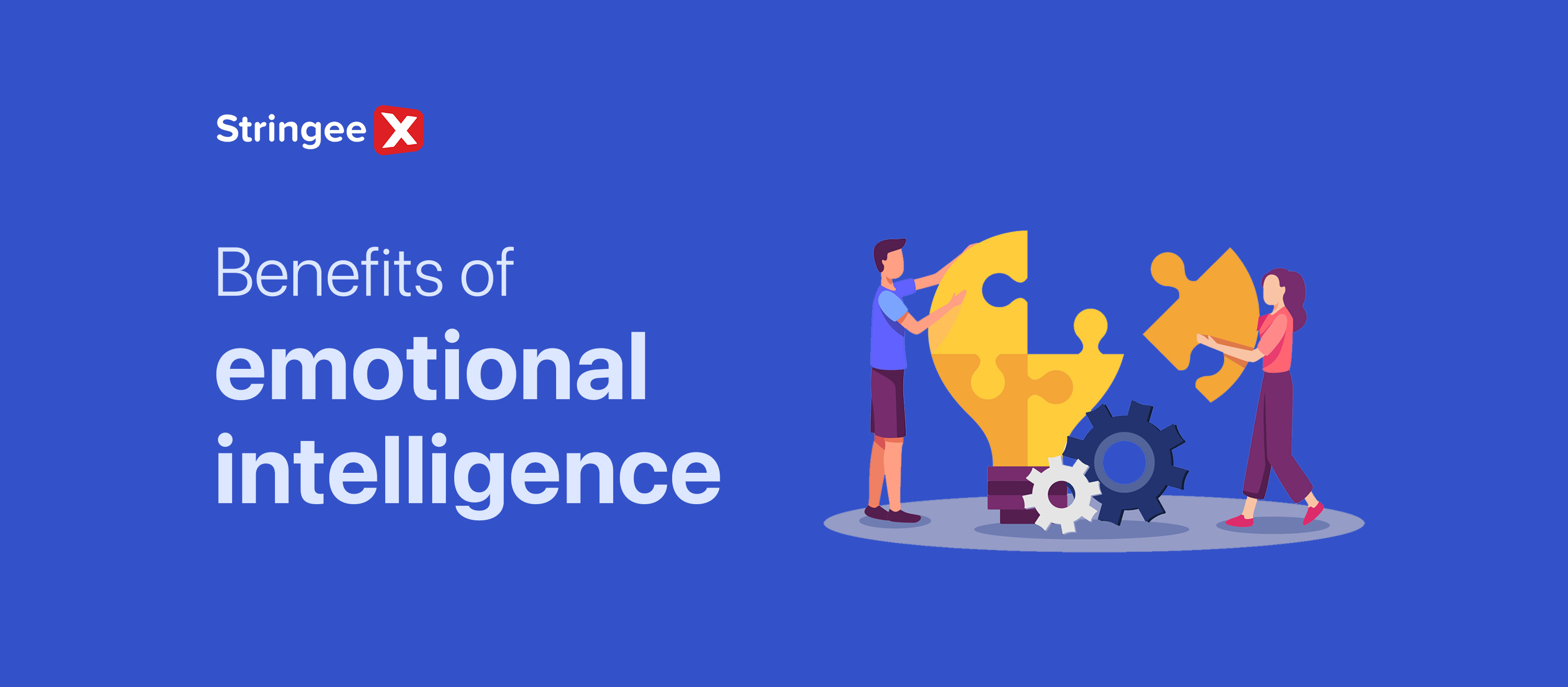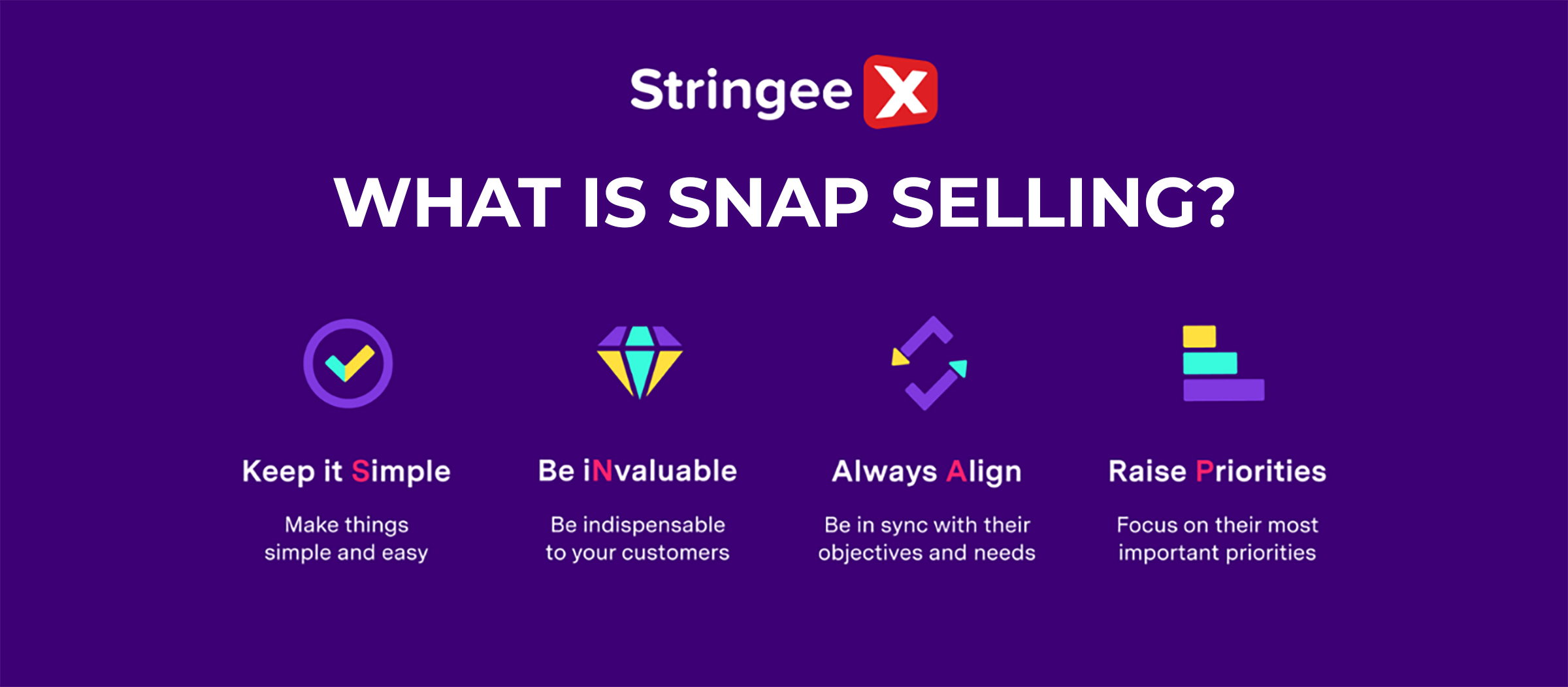Introduction
If you’re in the B2B sector, you know it is important to keep your sales pipeline full of quality leads. However, generating and managing those leads can be a real challenge. That’s where CRM software comes in. So, how to use CRM software to improve B2B lead generation? Keep scrolling to find out the answer.
What Is The CRM Software?
CRM (Customer Relationship Management) software is a tool that helps businesses manage their relationship with customers. It’s an organised notebook where you jot down every detail about your customers, but way more advanced.
This software stores all this information in one place, making it easy to provide personalised experiences and make smart decisions based on what you know about your customers.
While pretty much any business can benefit from a CRM, it’s especially helpful for industries that deal with many customer interactions, like e-commerce, real estate, or financial services.
These businesses often have to store a lot of information, and CRM software makes it easier to keep everything straight and ensure nothing slips through the cracks.
CRMs help businesses manage their relationship with their clients - Source: Pexels
Main Function Of CRM Platforms
Centralising Data
CRMs collect information from emails, social media, and calls in one place. This ensures everyone on the team has the same, up-to-date customer details. Team members will also work together better and can create more positive results.
Streamlining Communications
Keep data of all customer’s conversations to avoid repeating or missing communications. Customers will get a smooth experience when their information and expectations are followed up.
Enhancing Customer Service
You can also create personalised support based on those data. Your team members can also see past interactions and preferences, which help provide better and more satisfying service.
Supporting Sales Processes
CRM helps manage and organise leads. Thus, sales teams will easily keep up with follow-ups and focus on closing deals.
Smart Data Insights
CRMs collect and analyse data to find trends and predict future behaviour. This helps businesses make smarter decisions and improve how they manage leads. Marketers can also use it to create personalised and timely campaigns to drive more leads.
Automation
CRMs automate tasks such as scheduling, reminders, and email marketing. It saves time on routine tasks and helps your teams focus more on personal customer interactions, which can build customer loyalty.
CRM platform helps your team focus more on personal customer interaction - Source: Pexels
How To Use CRM Software To Improve B2B Lead Generation?
Refine Lead Segmentation And Targeting
Think of this as sorting your contacts into little groups. Your CRM platform helps you divide leads based on location, interests, or how they've interacted with your business.
Once you’ve got these groups, you can send them messages that feel more personal, which is more effective than sending the same message to everyone.
Create A Lead Scoring Framework
Creating a lead scoring system is a good way to prioritise your efforts. Businesses can give each lead a score based on their interest if someone's opening your emails.
Attending webinars and downloading your content will get them more points. Higher scores mean they might buy your products, so your sales team knows to focus on them first. You don't need to waste your time on leads that aren't ready yet.
Automate Marketing Efforts
Each business can set up a system that automatically sends emails or social media posts based on what a lead does. With customer service automation, your CRM can address repetitive tasks, like following up after someone downloads a guide.
It keeps your lead engaged without having to do it manually every time. To control all communication channels, you can consider StringeeX, an omnichannel contact centre platform with a flexible customer communication system.
Use Detailed Reports And Data
Your CRM is not only a place to store names and members but also a smart assistant that can give you all the details about what’s wrong with your marketing and sales efforts. With advanced reporting and analytics, your CRM can show you detailed information on the performance of different strategies.
For example, you can see which emails get the most clocks or which campaigns drive the most leads. If something isn’t working, like a campaign that’s not generating leads, your CRM will notify you so you can adjust your plan.
Enhance Customer Engagement
Improving customer engagement with your CRM is about using the information you have to drive more customer interactions. Your CRM stores all the details about how your leads have interacted with your business.
It helps you understand what each customer cares about. With this data, you can change your communication to match your lead’s interests and needs. If you know a customer is reading a lot about one product, you can send them more information or offer a special deal on that product.
Use Diverse Communication Channels
You must constantly switch between apps when you're doing multiple tasks, such as checking emails, making calls, and responding to LinkedIn messages. It’s easy to lose track of conversations, forget to follow up, or miss important details.
However, with a good CRM, all these communication channels will be together in one place. You can see everything on one screen, from emails, call logs, messages, etc. The setup not only saves you time but also keeps you organised. You won’t have to worry about missing a message or forgetting to follow up.
Create Detailed Reports
Your CRM helps you carefully track all data by creating detailed reports. These reports show you how well your sales and marketing efforts are doing. You can see which campaigns bring in leads and how your team performs.
If the process isn’t working as expected, like an email marketing campaign that’s not getting clicks, CRM will notice it for you. Then, you can spot problems quickly and fix them. When everything is clear, you can make better choices for your business.
CRM helps you keep track of data by creating reports - Source: Pexels
Challenges And Solutions In Using CRMs In B2B Lead Generation
Data Quality Problems
Sometimes, the data in your CRM is not accurate or updated. This can mess up your reports and lead to bad decisions. Regularly cleaning your data and setting up clear rules for how everyone should enter information is a good solution.
User Confusion
Getting everyone on board with using the CRM can be hard because some team members can find the system confusing. Businesses can offer training sessions to show how CRM can make their jobs easier and more efficient. Showing its benefits can get everyone excited when using it.
Relying Too Much On Automation
While automation is great for saving time, it can sometimes make your communication feel robotic and impersonal. You should use your CRM’s data to personalise and make regular personal touches, like follow-up calls or check-ins.
Hard To Integrate With Other Tools
Your CRM needs to work well with other tools you use, like email marketing software or social media platforms. This can be hard sometimes. Thus, you should choose a CRM that easily integrates with your existing tools. Your business can also get help from IT experts to set things up properly.
Tracking And Measuring ROI
Figuring out if your CRM is giving you a good return on investment (ROI) can be tough. To handle this, set clear goals for what you want to achieve with the CRM from the start. Use the CRM’s built-in analytics to keep track of how well you’re meeting these goals and adjust your strategy based on what the data tells you.
Conclusion
In short, how to use CRM software to improve B2B lead generation? Keep your data clean, get your team on board, and balance automation with personal touches. Get these tips from StringeeX, and your CRM will boost your business’s growth!










